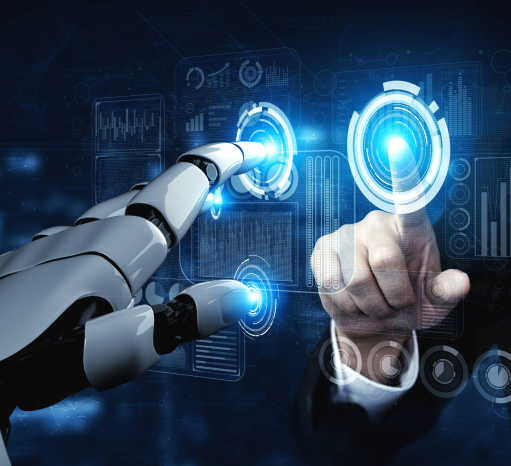Robotic Process Automation (RPA) refers to the technology that allows a computer software or a 'robot' to mimic human actions within digital systems to execute a business process. These robots interact with the user interface of computer systems just like humans would, automating repetitive, routine tasks without the need for human intervention. RPA doesn't involve physical robots, but rather software robots that carry out tasks in applications, systems, or websites based on pre-defined rules and logic.
One of the primary benefits businesses gain when implementing RPA is a significant increase in efficiency. RPA can work around the clock, far faster and more accurately than humans, which leads to a substantial reduction in processing time for tasks. It can handle high-volume, repetitive tasks such as data entry, report generation, email response, and even complex processes involving multiple systems.
Moreover, by automating routine tasks, businesses free up their human resources to focus on higher-value activities such as strategic planning, customer engagement, and problem-solving tasks that require human ingenuity. This not only improves employee satisfaction by eliminating monotonous work but also adds more value to the organization's core competencies.
RPA also contributes to improved accuracy and compliance. Robots follow strict guidelines without any deviation, which reduces errors caused by human factors such as fatigue or lack of concentration. This high level of precision is particularly useful for sectors where compliance and accuracy are critical, such as finance and healthcare.
In terms of ROI, businesses can expect a quick and high return. The reduction in operational costs, coupled with increased efficiency and accuracy, can result in cost savings of up to 80%. Additionally, the speed of RPA implementation is relatively high compared to other IT solutions, leading to faster realization of benefits. According to a report by Deloitte, companies have reported that their investments in RPA have been recouped within less than 12 months. However, the exact ROI would vary depending on the scale of automation and the specific use-cases implemented. Ultimately, the utilization of RPA offers businesses a powerful tool to significantly enhance their performance, productivity, and profitability.








